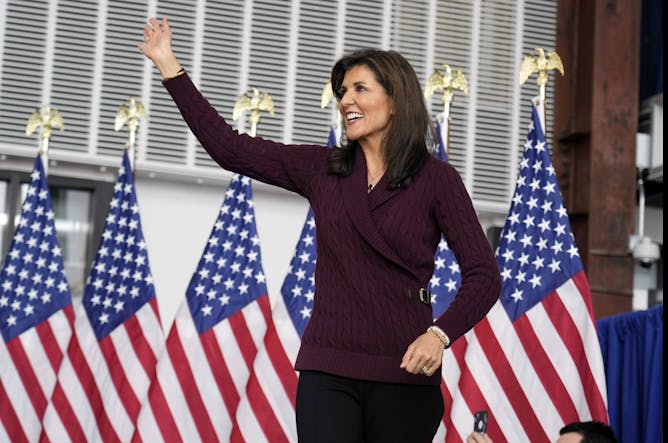|
Recently, the federal government postponed (again) the expansion of eligibility for medical assistance in dying (MAID) to people suffering solely from mental illness. This postponement pushes back the date for providing MAID for mental illness to 2027. Providing MAID solely for mental illness is controversial, so the postponement allows time to debate things like differentiating MAID from suicidal ideation. However, it’s important that that time also be used to ensure that all patients with long-term mental illnesses have access to treatment and support, not just MAID.
Today in The Conversation Canada, Charmaine C. Williams of University of Toronto writes about the current gaps in mental health care, and gaps in support for the crucial role of patients’ families in navigating mental illness.
“In addition to asking health-care systems to prepare to end the suffering of mental illness by facilitating death, we should be asking legislators and policymakers to build a health-care system that supports better lives for people with mental disorders and their families.”
Also today:
|

We should be asking legislators and policymakers to build a health-care system that supports better lives for people with mental disorders and their families.
(Gus Moretta/Unsplash)
Charmaine C. Williams, University of Toronto
In addition to asking health-care systems to prepare to end suffering of mental illness through Medical Assistance in Dying (MAID), we must ask policymakers to support better lives for families.
|

On June 11, 1963, Thich Quang Duc, a Buddhist monk, burns himself to death on a Saigon street to protest persecution of Buddhists by the South Vietnamese government.
(AP/Malcolm Browne)
Fauzia Husain, Queen's University, Ontario
Aaron Bushnell’s self-immolation is an example of ‘spectacular agency,’ a form of attention-grabbing but costly protest. And, it is uncertain how the public will perceive such protests.
|

Federal Conservative Party leader Pierre Poilievre speaks about his proposed car theft policy during a news conference at the Port of Montréal on Feb. 6, 2024.
THE CANADIAN PRESS/Ryan Remiorz
Benjamin Perrin, University of British Columbia
Pierre Poilievre’s “tough-on-crime” rhetoric relies on discredited ideas that can lead to overly harsh penalties and actually increase crime.
|

Google’s new suite of artificial intelligence products showcases AI trained on different modalities.
(Shutterstock)
Christian Gagné, Université Laval
What is the meaning of the recent release of Google Gemini and where it stands regarding the fast developments of AI technology and its foreseen impacts.
|

Recent surveys suggest Canadians are dissatisfied with the direction of the economy.
(Shutterstock)
Anup Srivastava, University of Calgary; Felipe Bastos Gurgel Silva, University of Missouri-Columbia; Luminita Enache, University of Calgary; Manuela Dantas, California State University, Northridge
There are a number of reasons why there’s such a significant gap between aggregate economic numbers and the perceptions of everyday people.
|

La candidate républicaine à l'élection présidentielle, Nikki Haley, lors d'un événement de la campagne républicaine à Raleigh, en Caroline du Nord, le 2 mars 2024.
(AP Photo/Chuck Burton)
Marin Fortin-Bouthot, Université de Montréal
Parmi les candidatures d’importance encore en lice, Nikki Haley sort du lot. Mais sa popularité est freinée par le fonctionnement des primaires et des caucus, et par le bipartisme américain.
|
Arts
|
-
Ruth Sacks, University of Johannesburg
The nationalist art of Mobutu Sese Seko and the art nouveau style of King Leopold II both live on in Kinshasa in fascinating ways.
|
|
Environment + Energy
|
-
Tricia Wachtendorf, University of Delaware; James Kendra, University of Delaware
Census data and research show all things are not equal in disaster displacement, as two experts in disaster recovery explain.
|
|
Politics
|
-
Atalia Omer, University of Notre Dame
Secular Jewish groups have historically made up the majority of solidarity and peace groups. But Palestinian citizens and observant Jews are also key.
|
|